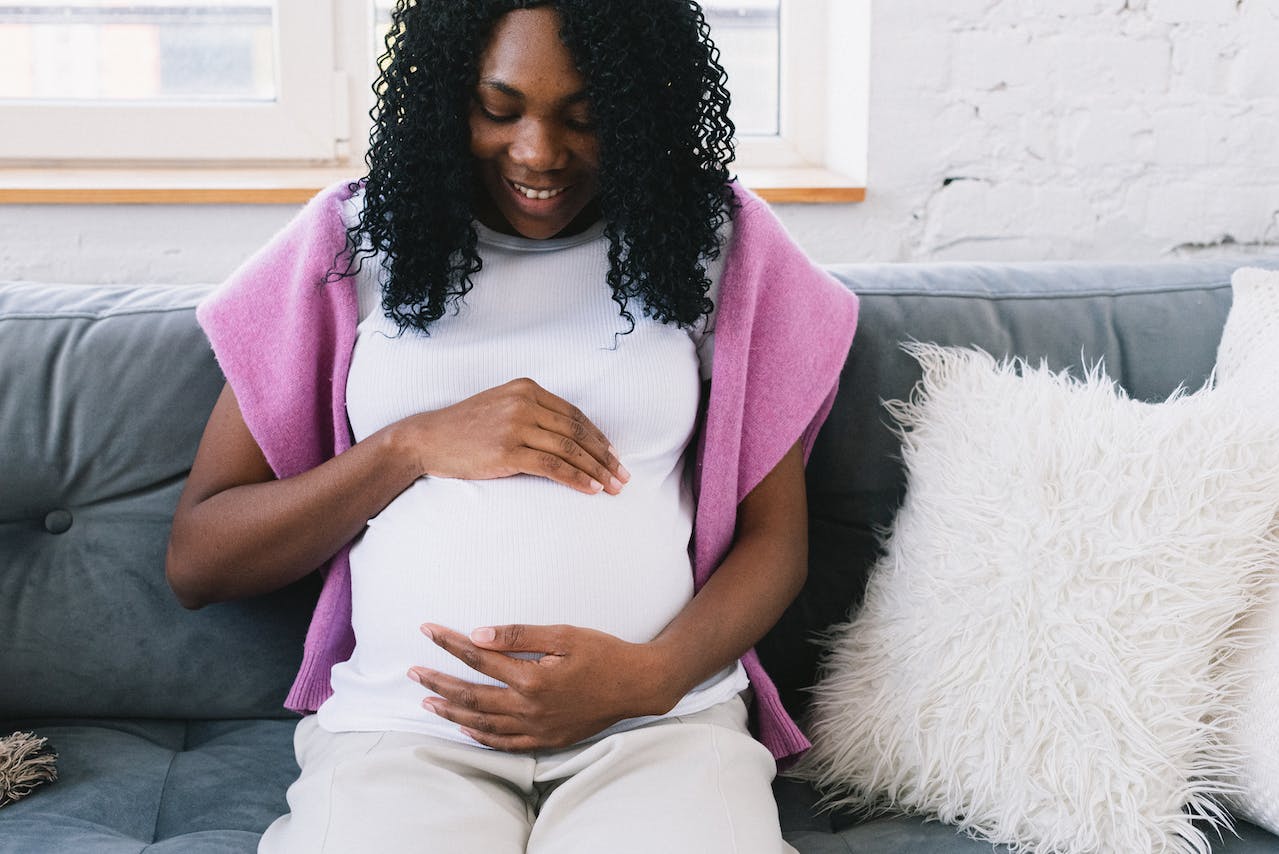
December 10, 2023
Black Women Turn To Midwife-Led Birth Centers Amid Racial Disparities In Maternal Care
One of the appeals of birth centers is that they often look and feel like homes, with the added ability of the staff to give personal attention to each of their patients.
In 2017, ProPublica and NPR and their award-winning investigative journalism series Lost Mothers shed light on America’s alarming maternal mortality crisis. Their reporting specifically highlighted the disproportionate risks faced by Black women in this crisis. Surprisingly, factors such as income, education, or expertise in healthcare disparities failed to improve maternal mortality outcomes for Black women. Since then, Black women have been trying to ensure their maternal health.
Six years later, some Black women are stepping away from the hospital model. One of those women, Vernette Kountz, told CNN that although her previous delivery experiences were successful, her hospital and medical office visits felt rushed, routine, and impersonal. Kountz said, “When you’re in this medical model, you feel kind of shuffled around, told what to do; you have all of these assessments and ultrasounds. It feels more so transactional and less intimate.”
Most deliveries in the United States still happen in a hospital setting, but there is a growing movement that looks to return to a communal mindset of giving birth. Between 2019 and 2020, the number of Black women who opted for home births or giving birth in a birth center shot up by 30%. The turn back toward midwives is also coming as hospitals across the country are closing maternity wards. The reason hospitals give for these closures is typically low birth rates or a decrease in funding, which comes at a time when Black women are twice as likely as white women to report that a medical professional at a hospital either ignored them, refused a request for help, or failed to respond to a request for help in a timely manner.
Leseliey Welch, the co-founder and co-director of Birth Center Equity, told CNN that the disparity in outcomes for Black women is another reminder of the ugly legacy of racism in America.
“This whole country has operated in a hierarchy of human value based on race,” Welch said. “Our hospitals and health systems are no exception. Survival should be the least we expect in birth care. That’s the least we can do for so many families in this country.”
One of the appeals of birth centers is that they often look and feel like homes, with the added ability of the staff to give personal attention to each of their patients. During a recent visit to the Atlanta Birth Center, Kountz, who is 32 weeks pregnant, was asked a compassionate question by her midwife, Anji Hinman, “How is your body feeling these days?” To which Kountz replied by informing her that she had a relatively good day with little dysfunction of her pelvic floor, and she walked up and down stairs without ambulatory assistance. Kountz told CNN that she believes the entire staff has her total health at the forefront of their minds, in stark contrast to the impersonal nature of hospital healthcare.
Hinman, for her part, told CNN that she believes that birth centers like the Atlanta Birth Center play a role in helping to assist with giving Black women better birth outcomes because of their focus on a holistic approach to childbirth. In addition to focusing on the process of childbirth, birth centers also pay attention to women postpartum, which, according to Hinman, is a focus for staff at the Atlanta Birth Center.
According to a study by the JBI Evidence Synthesis, half of all maternal deaths occur on the day of delivery, 24% happen between days two and seven, and 25% occur between days eight and 42. Kountz also feels like the lack of dependence on narcotics is a positive, telling CNN, “It accommodates that desire to feel home and safe and grounded and protected. They have aromatherapy, they have music, tapestries, and words of affirmation hung up. They are promoting pain coping skills versus narcotics.”
RELATED CONTENT: Conservative Organizations Fight To End Affirmative Action For A Maternal Health Program In California